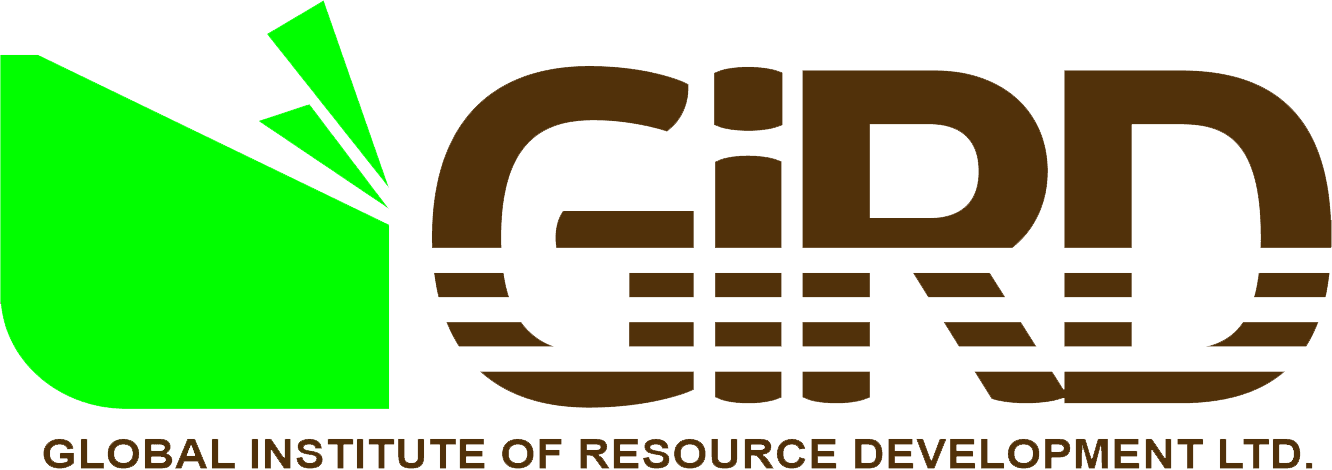Corporate Governance, Principles, Policies and Best Practices
Course Description
Corporate governance is a key topic that has recently started attracting more attention in business schools and among legislatures, with this trend only increasing. While there are different models for corporate governance, all of them aim at organizing the relation between company and stakeholders. Governance models start with Shareholder Wealth Maximization (SWM) that stresses owner’s rights, as applied mainly in the US and UK. Other methods of governance, applied in Germany or Japan for example, bring other stakeholders, such as the workforce and bankers strongly into play. In addition to these models, this course also covers the reasons why board membership may be one tier or two tiers, and includes discussions about board structure, committees, their functions and duties, the audit committee and the appointment and remuneration committee. Other topics discussed are the role of the chairman and the effect of institutional investors.
Target Audience
Board members, chief financial officers, senior management, directors, finance managers, financial controllers, accounting and finance personnel, legal counsel, corporate legal advisors, corporate secretaries, lawyers, external and internal auditors, HR managers, and department heads.
